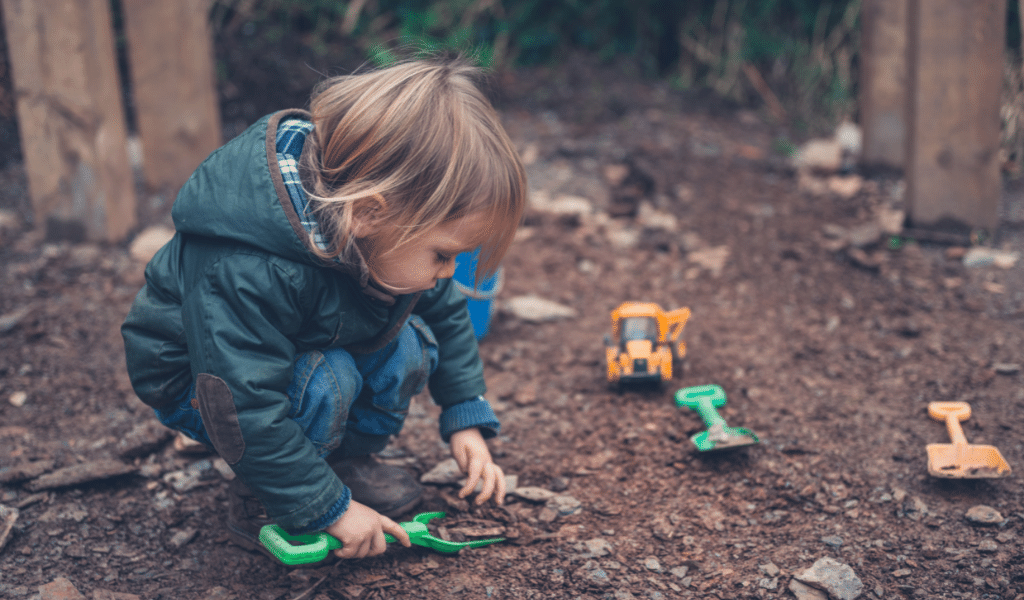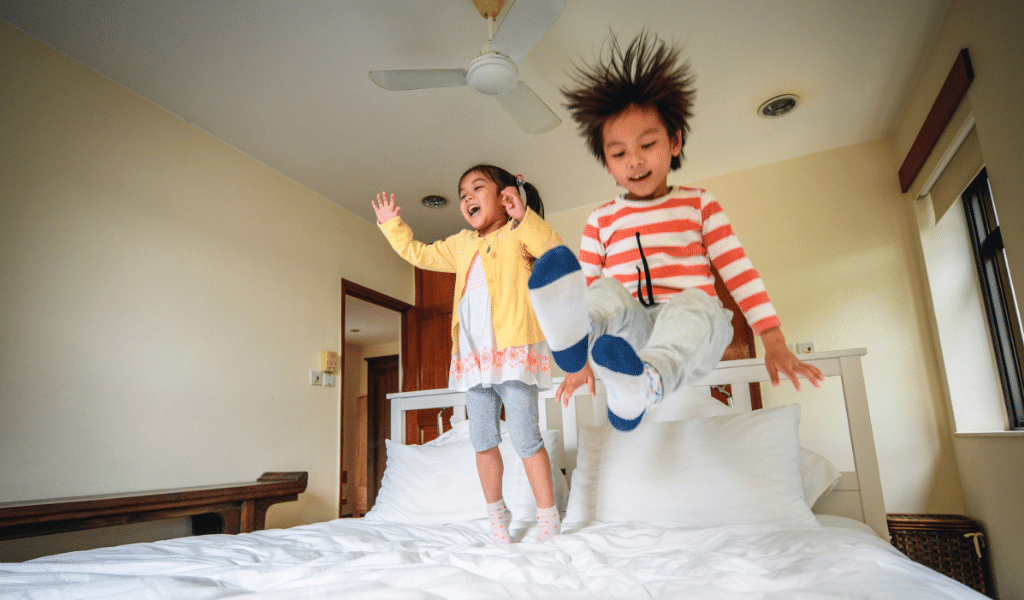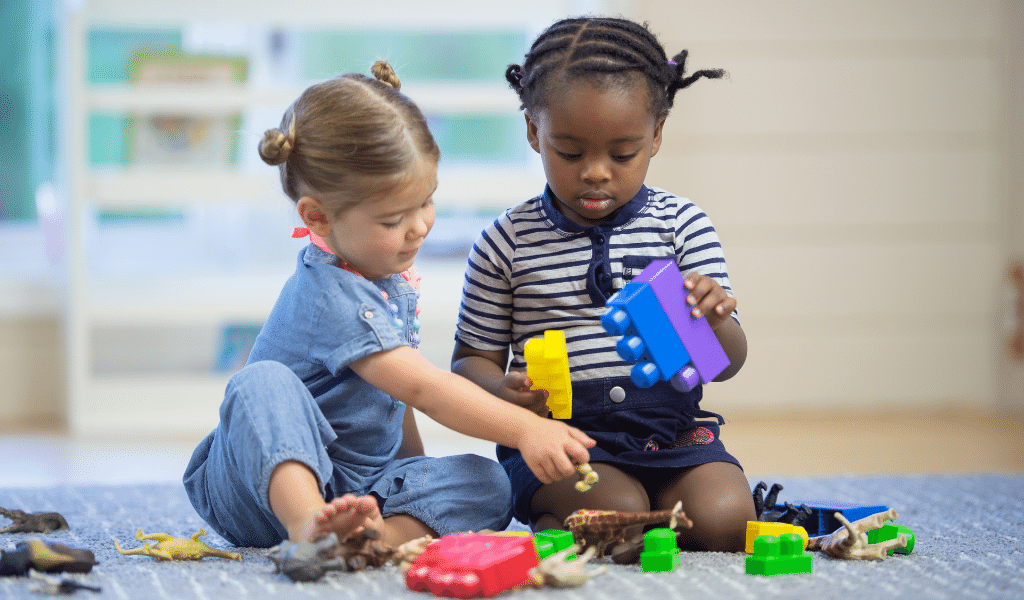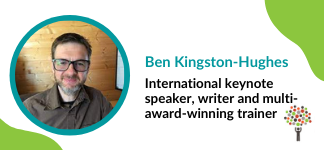We all know that play is important for children. Working with vulnerable children I see first-hand just how powerful simple moments of play can be and I often see articles and posts on social media that tell us that children need to play more. Yet play is still massively undervalued.
Maybe the problem is that we don’t go far enough. We say that play is important but maybe we need to be saying that play is the most important developmental process in any child’s life.
Take brain growth for instance. Some people seem to think that a child’s brain will grow normally if left unattended in a dark room. The truth is that brain growth is experiential. This means that the experiences a child has when they are young will physically grow and shape the structure of their brain. Put simply, children need a broad range of experiences to give them the greatest possible potential for brain growth.
It would be impossible to name one thing that gives a broader range of experiences than play. From physical and boisterous play to imaginative and creative play, from sensory play to risky challenging play, from climbing a tree to dressing up as a superhero: play activates huge neural networks across the child’s brain lighting it up like a virtual Christmas tree. Play has a unique capacity to build brains and we restrict it at our peril.

Experiences are not the only criteria for healthy brain growth. There are also biochemical conditions that need to be met. Brain Derived Neurotrophic Factor (BDNF) is an essential brain growth hormone that speeds up brain growth. This is the stuff we need to produce if we want our brains to reach their full potential. It is not produced in any great quantities when we watch screens or sit still listening to grown-ups speak. Play, however, massively increases the production of BDNF, significantly increasing brain growth and creating the optimum biochemical conditions for development and wellbeing. Play is not merely good for the brain but essential for optimum growth and health.
And if brain growth is not enough to persuade people to prioritise play – then how about life expectancy?
One of the many things people tend to forget is that childhood is the time when we build the strong healthy bodies we need for the rest of our adult life. This is not something we get a second chance at. The heart, lungs and bones that will last a lifetime are built when we are children and the optimum time to do this is when we are playing.
The logic is inescapable. Physical activity in childhood significantly reduces the risk of serious metabolic and cardiovascular disease in later life. Heart disease is consistently one of the biggest killers of adults and heart health is one of the key criteria for life expectancy. When do young children do a majority of those vital movements that build their heart? During sports lessons? No, when they are simply playing. Freely chosen playful movements build the body a child needs for adult life and are intrinsically linked to life expectancy.

Of course, it is not just heart health. Every time a child skips or jumps or climbs they are also increasing bone density in their limbs potentially preventing osteoporosis, and similar conditions, forty years later on. Bone health is yet another vital aspect life expectancy.
Let’s also not forget that a strong respiratory system is potentially one of the best defences against respiratory illness such as Covid19. Once again this is built through spontaneous instinctive play in childhood. Play is not just good for our health it is an evolutionary survival process intrinsically linked to life expectancy.
Just in case you think it is all about physical play, let us consider imaginative play. Research shows that simple pretend play creates a virtual firework display of brain activity making it profoundly important for brain growth. Perhaps more importantly, play and playfulness are innately linked to unique human functions such as creativity, divergent thinking and innovation. These are traits that can change the very world we live in, and they start with children and play.
A few years ago I worked with a group of young children who had been through severe abuse. The only way I can describe these children’s faces is that they looked like they were constantly expecting to be hurt. We put on masks and superhero capes and ran around the outdoor area. No rules, no adult telling us what to do, just freely chosen, joyful play. The children began to smile and one child even laughed. He then immediately began to cough violently. His social worker suggested that he had probably never laughed before.

It is easy to say that play is good for children but maybe what we actually need to be saying is that play is profound, essential and life-changing. We need to be loud and proud about play and challenge those who think it frivolous or less important than other agenda.
We need to acknowledge play, not merely as an optional addition to a child’s development but as a fundamental foundation for every aspect of a child’s journey into adulthood. And of course, we need to support our children to play because we know that it will affect brain growth, problem solving and even life expectancy. It is quite literally a matter of life and death.

Ben Kingston-Hughes is an international keynote speaker, writer and multi-award-winning trainer. He is also the Managing Director of Inspired Children working with vulnerable children across the UK. He has worked with children for over 30 years and has appeared on television working on a variety of children’s projects. Ben’s transformative training has been mentioned on Ofsted reports as an example of outstanding staff development and his distinctive blend of humour, neuroscience and real-life practical experiences make his training invaluable for anyone working with children. His finest moment though, was when a group of reception children named their class frog after him.